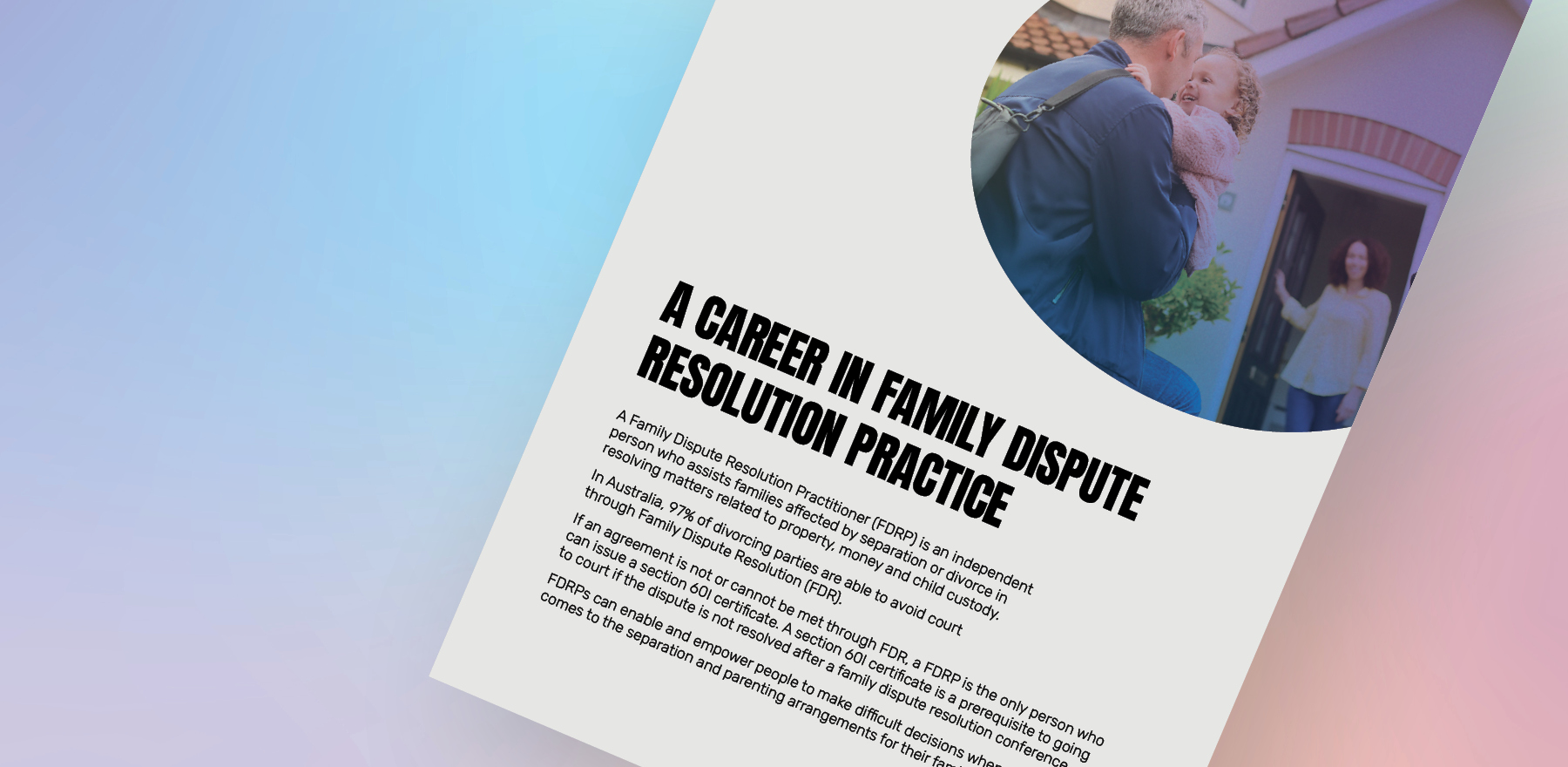Family law is a diverse and highly practical area of the law, dealing with legal issues that have a direct impact on people’s lives. Whether it’s initiating applications for parenting orders, property settlements, or family violence matters, family lawyers play a crucial role in helping clients navigate significant life changes.
If you’re considering a career in this area, understanding the skills, career pathways, and legal frameworks that shape family law practice in Australia is essential.
Download your free guide to learn:
- The core expertise required to practise family law
- The career pathway to become a family lawyer
- Personal strengths of a family lawyer
- The skills required and courses to help you attain them
- The role of mediation and alternative dispute resolution (ADR)
Complete the form to access your guide now.
What do Family Lawyers do?
Family law is a broad and evolving practice area that requires strong legal knowledge, problem-solving skills, and the ability to handle emotionally charged situations. Family lawyers in Australia commonly advise and represent clients in:
- Parenting & custody disputes – Negotiating parenting plans and consent orders, and representing clients in the Federal Circuit and Family Court of Australia (FCFCOA).
- Property settlements – Advising on the division of assets, superannuation splits, and financial agreements under the Family Law Act 1975 (Cth).
- Family violence & intervention orders – Assisting clients with family violence intervention orders (FVIOs) and advocating for client safety.
- Mediation & dispute resolution – Facilitating out-of-court settlements through family dispute resolution (FDR) and collaborative law.
If you’re considering family law, our Career in Family Law guide will help you understand the realities of practice and what it takes to succeed.
Why download this guide?
This guide is designed for law students, junior lawyers, and career changers who want to understand how to build a career in family law. Inside, you’ll find:
- Practical insights from experienced family lawyers
- Career development tips for both new and transitioning lawyers
- And more
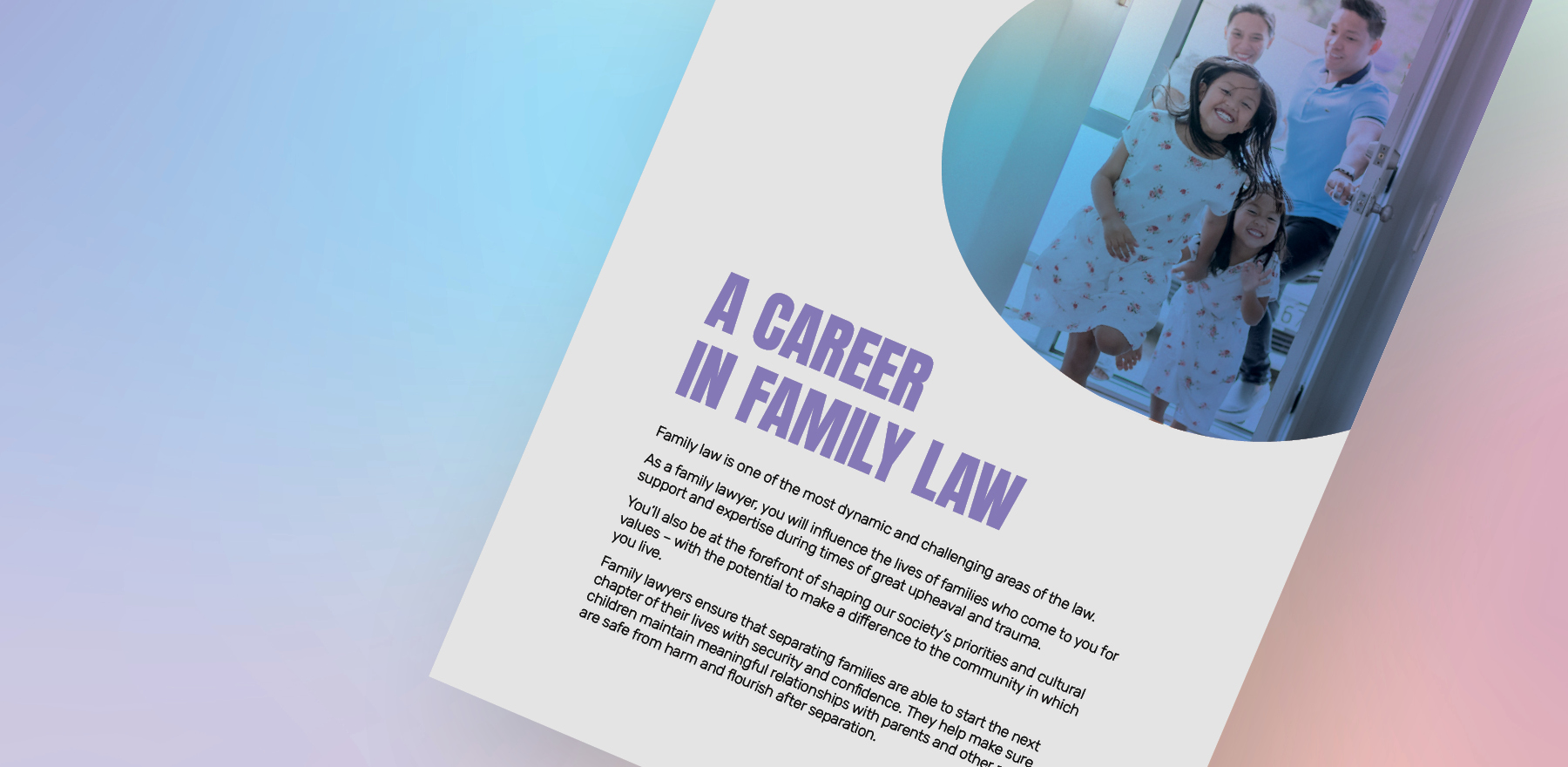
















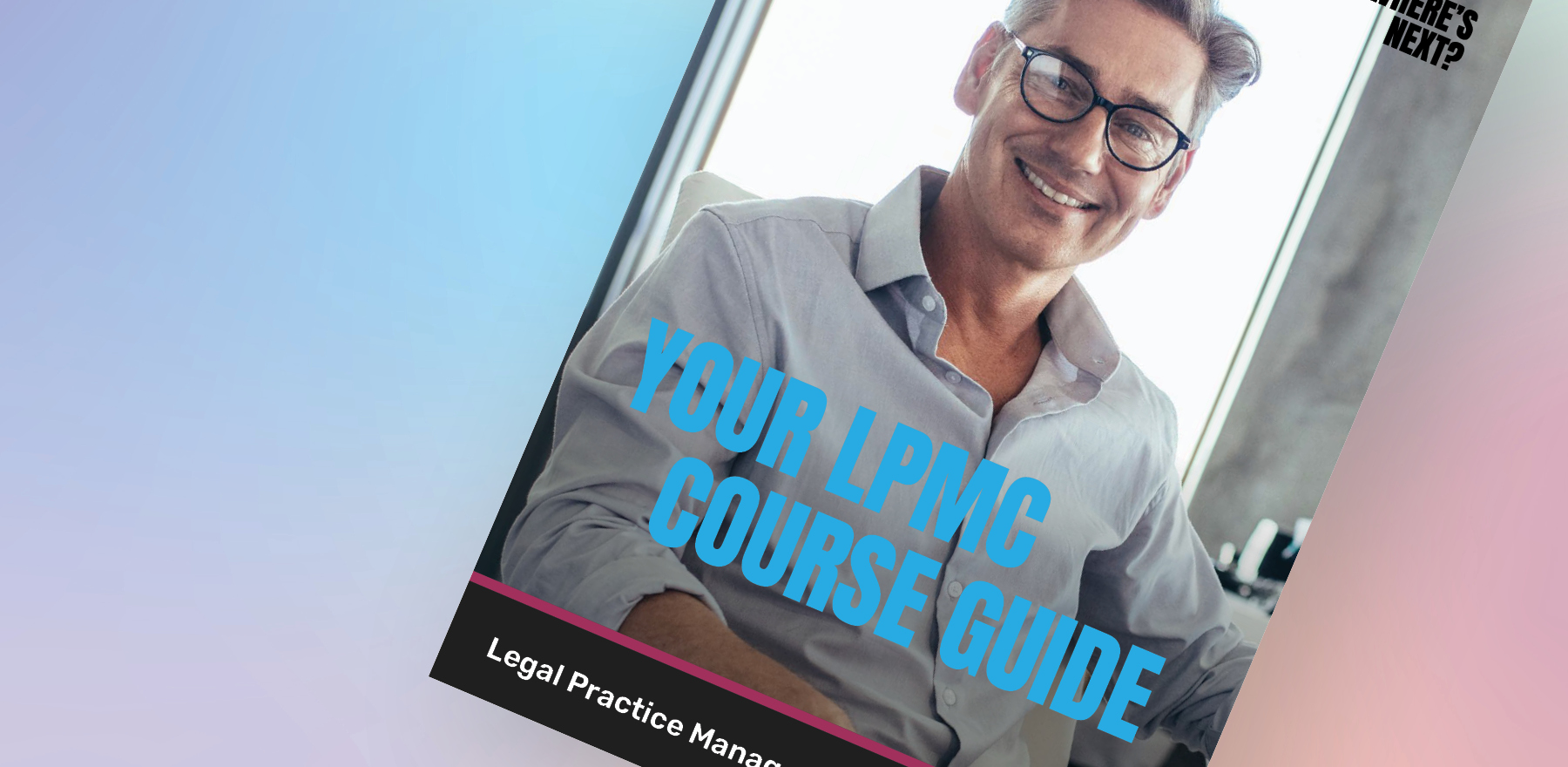
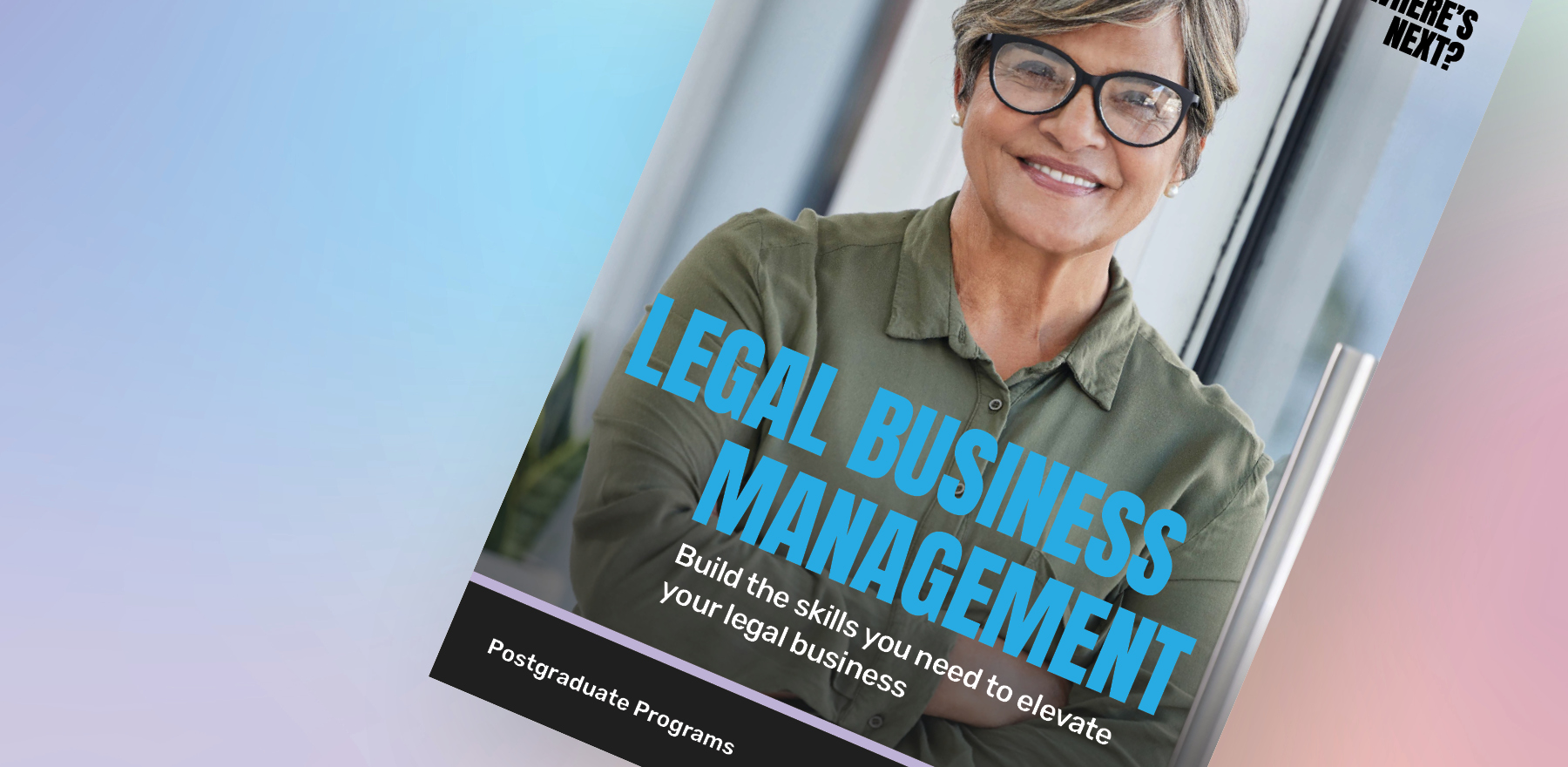



























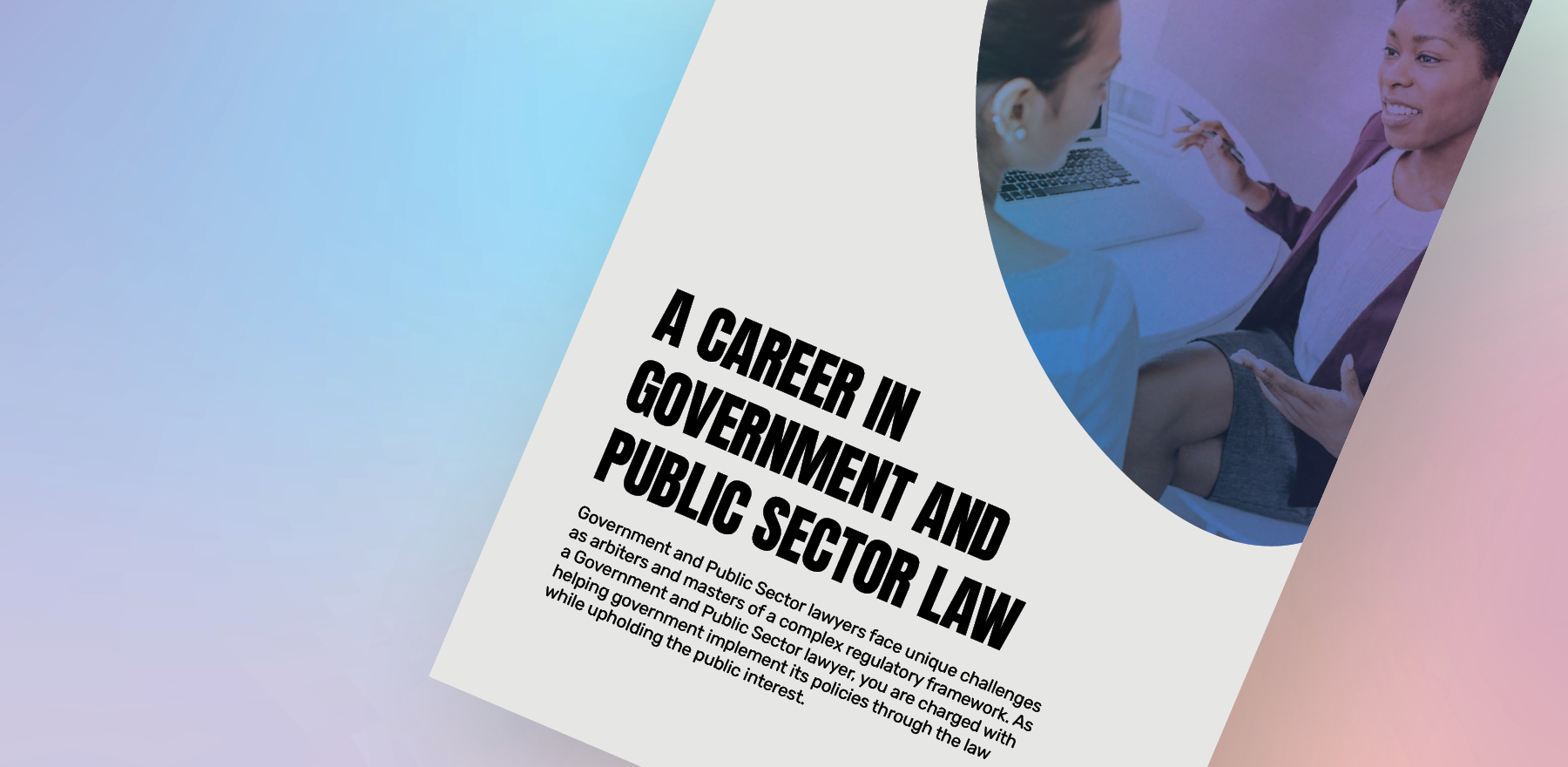


![How to handle Direct Speech after Gan v Xie [2023] NSWCA 163](https://images4.cmp.optimizely.com/assets/Lawyer+Up+direct+speech+in+drafting+NSW+legislation+OCT232.jpg/Zz1hNDU4YzQyMjQzNzkxMWVmYjFlNGY2ODk3ZWMxNzE0Mw==)












